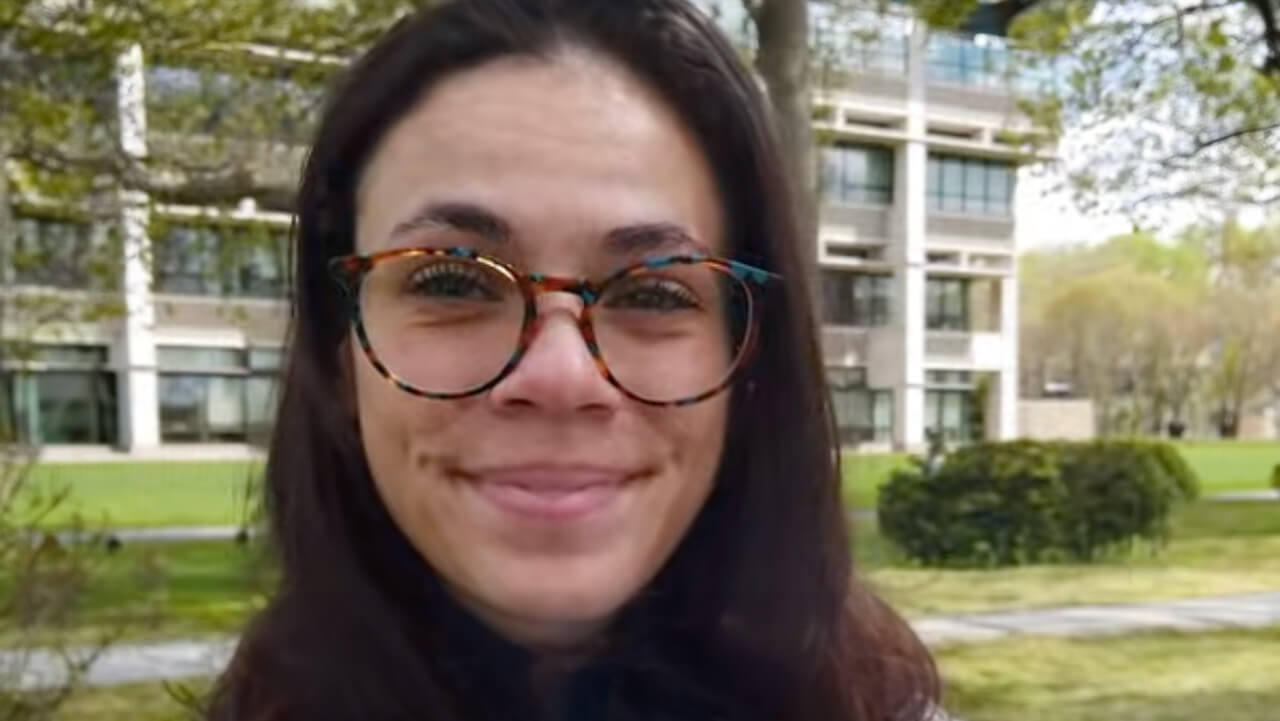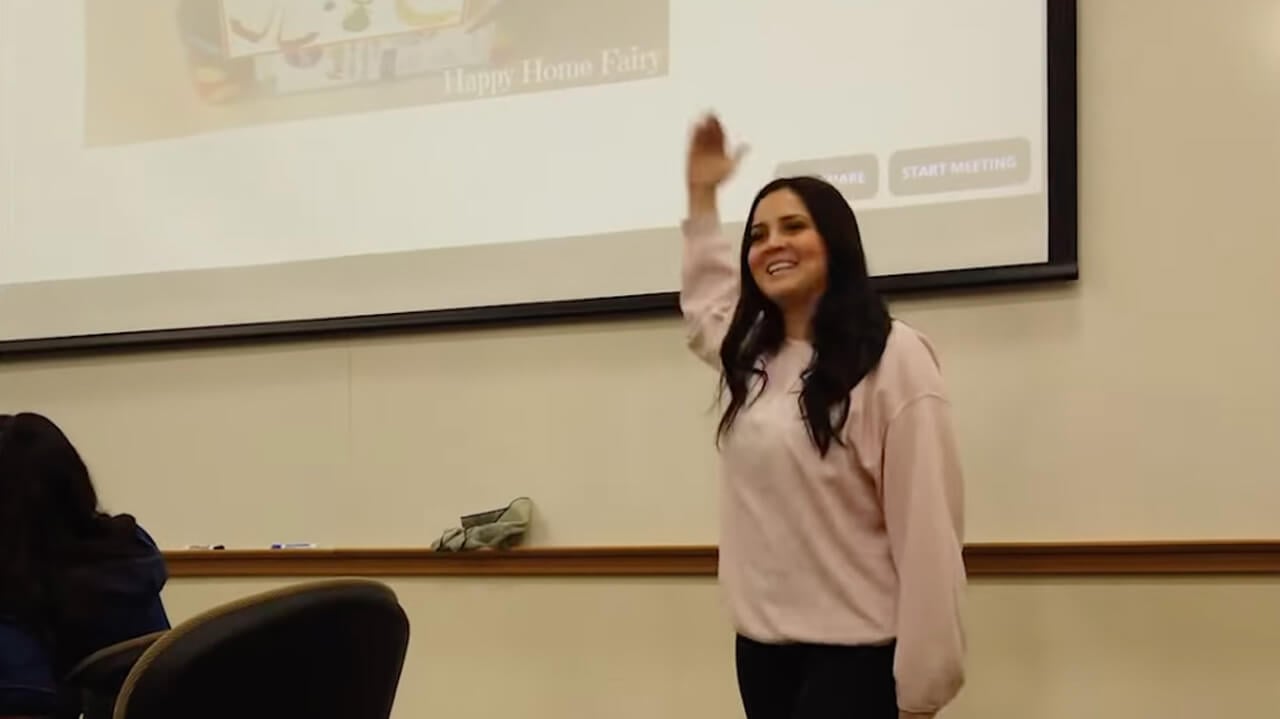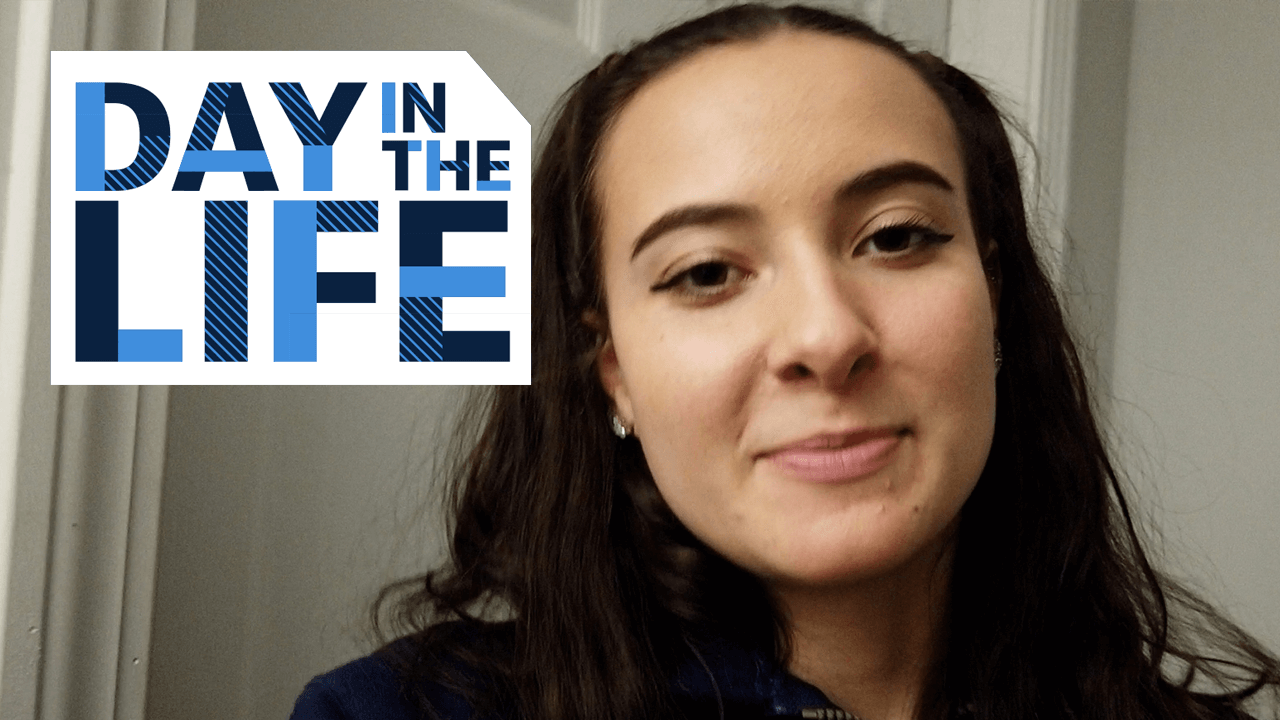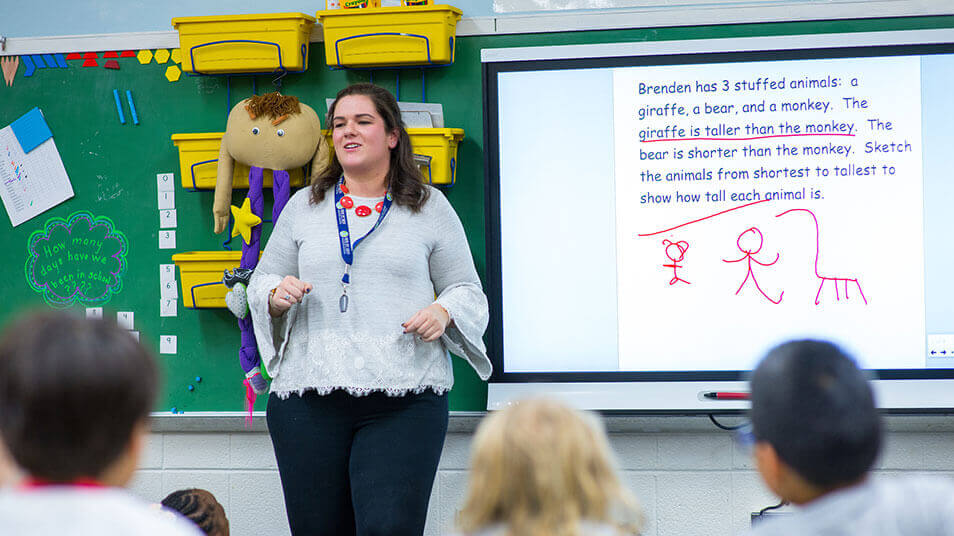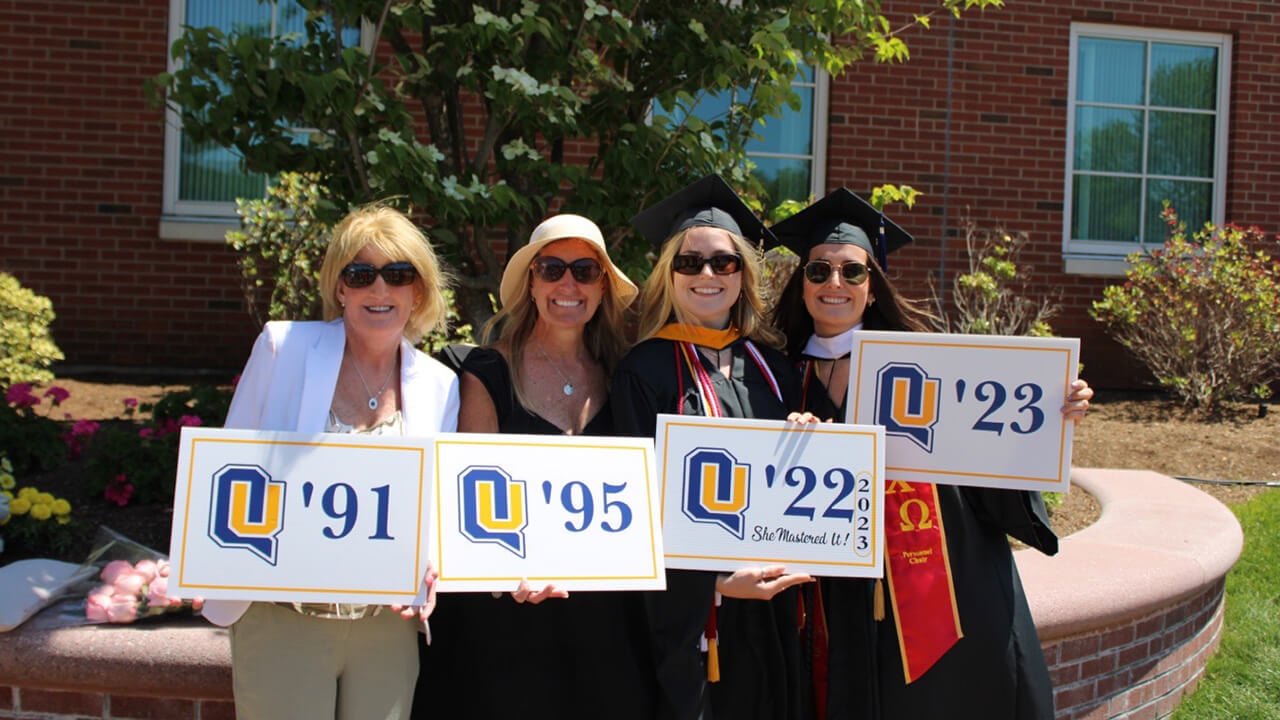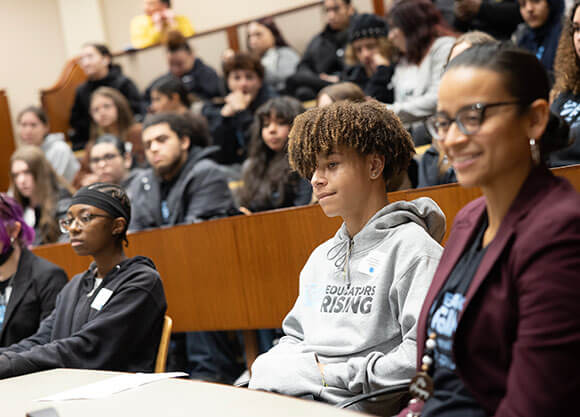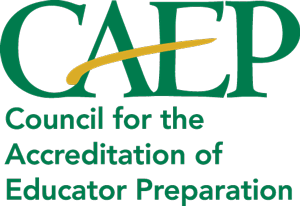As an educator at the elementary school level, you will teach more than literacy, math, science and social studies. You‘ll also support your students‘ social and emotional growth. At QU, we will teach you lesson planning, classroom management and culturally responsive pedagogy, allowing you to reach all learners.
This dual-degree early childhood education program allows you to complete your bachelor‘s degree in any major, along with a master‘s degree in teaching and your elementary teaching certificate (pre-K through sixth grades) within 5 years. Completing your master‘s degree immediately after earning your bachelor‘s degree allows you to continue your teaching career uninterrupted, as maintaining your professional license to teach in most states requires the completion of a master‘s degree during the first 6-8 years of teaching.
As a first-year student, you will begin our program with ED 140 – Introduction to Public Education. This 1-credit course introduces you to the teaching profession and our program. It helps you to make choices about coursework and even select a major if you haven’t already done so.
In your sophomore year, you will take two more education courses: foundational classes in diversity and philosophy of education. All of these early courses provide opportunities to build relationships with MAT faculty and fellow teachers and become further involved in our School of Education events and clubs. At the end of your sophomore year, will have an initial advising session with a member of the MAT faculty to review your overall academic status and discuss continuation in the program.
During your junior and senior years, you will spend 20 hours each semester doing a field study in a public school classroom with an experienced teacher. On campus, you will begin to take more specialized education courses. You’ll automatically transition to graduate school after you earn your bachelor‘s degree, and your final year will be spent interning at a local elementary school full time, under the supervision of an on-site mentor and a School of Education faculty member.
Teaching certification and licensure is regulated by each state. Connecticut participates in the NASDTEC Interstate Compact (NASDTEC.net). States that participate in this compact agree to accept the planned program of study of graduates in any of the states that are part of that compact. Therefore, whether you are an in-state or out-of-state applicant, you can become a certified teacher wherever you want to teach.
Visit the NASDTEC website



